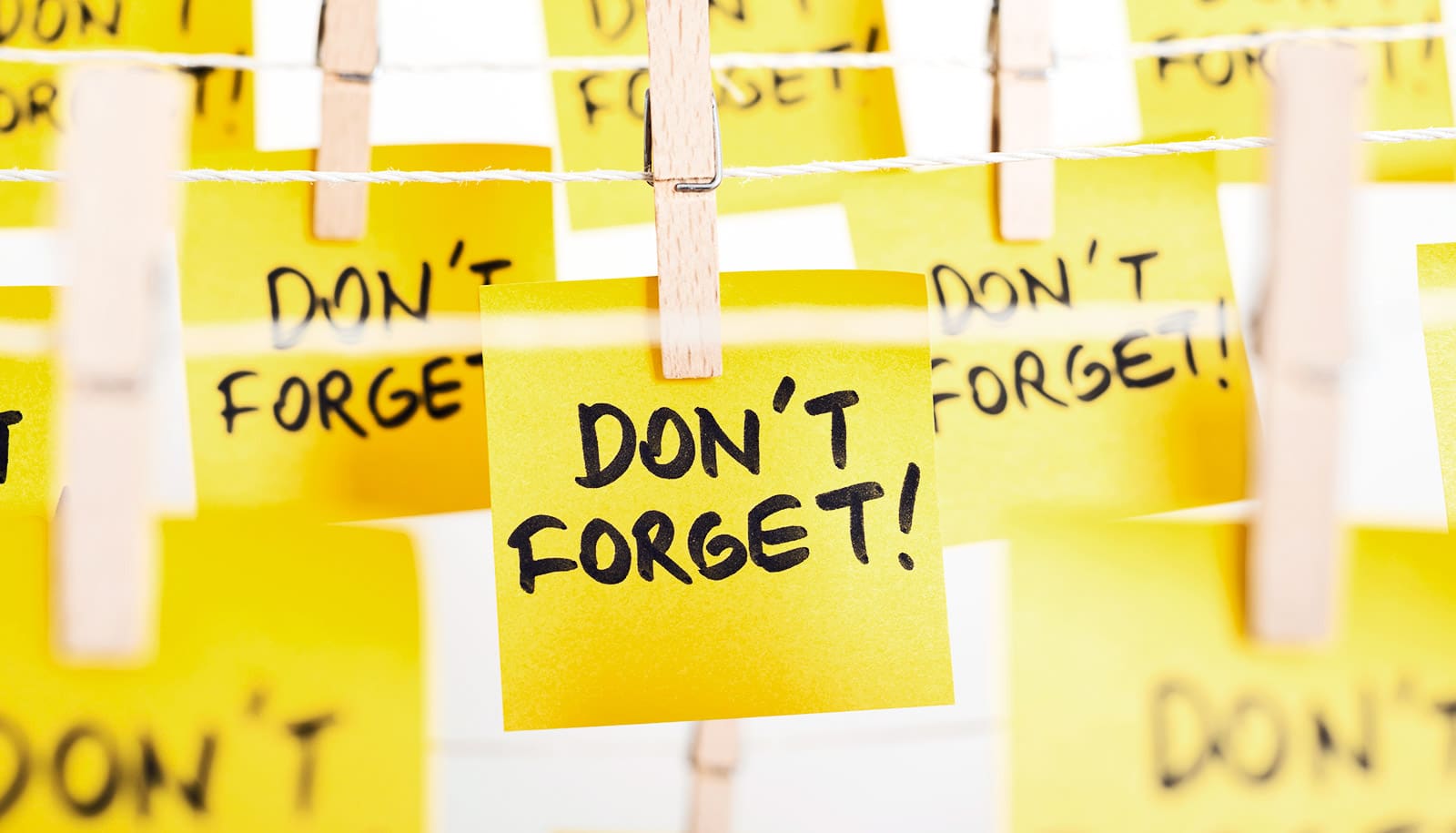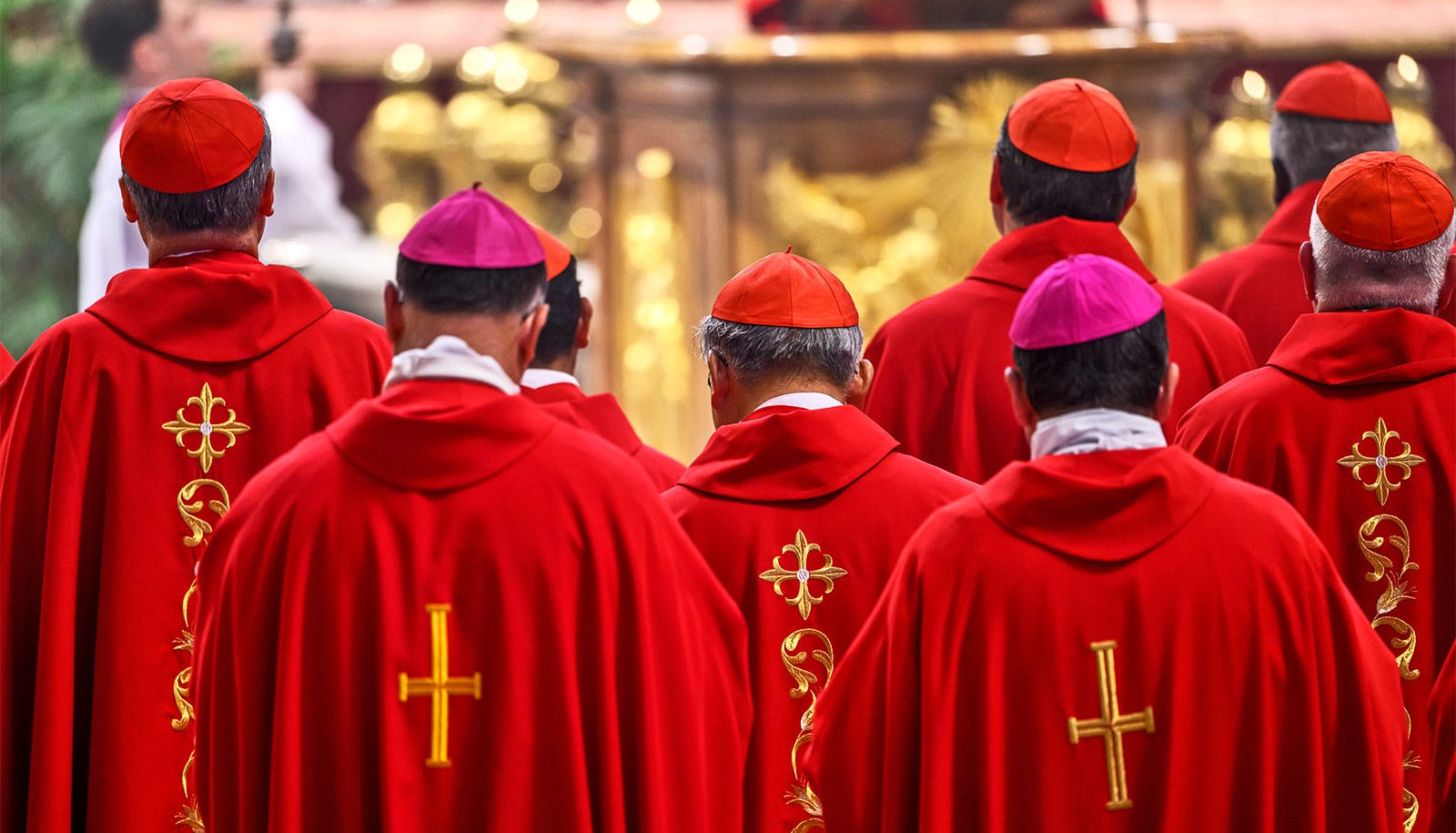Memorials play a part in both remembering and forgetting major events and historical figures. The meaning of memorials—such as the Statue of Liberty, the Trail of Tears National Historic Trail, and the USS Arizona in Pearl Harbor—may change significantly over time and across generations.
But why build memorials at all?
“When you lose someone you cared about, people talk about having memorial services or a gravestone or a marker of some kind,” says Susan Crane, associate professor of history at the University of Arizona. “The reason people want that is so that they have a location for their memories, something external, outside your own head.
“It’s a place where you can go and think about a person you lost or a cause you cared about or an important event. If enough people care about the same thing, they can also gather there with a common purpose. I think the impulse is wanting to externalize the memory and the caring into some kind of physical object.”
Crane recently answered four questions about memorials—why some persevere and others simply lose their influence over time. “There’s no real rule for what is the right thing to do,” she says.
How do memorials help us both remember and forget major events and historical figures?
Remember the movie Field of Dreams? It’s a baseball movie from the late 1980s where Kevin Costner plows a cornfield, builds a baseball stadium, and then the Chicago Black Sox show up and actually play there.
In a way, the baseball diamond is like a memorial to this team that never got a chance to play again. The catchphrase from the movie is, “If you build it, they will come.” Well, the thing with memorials is, if you build it, they will probably come for a little while, but then they won’t.
A lot of money and a lot of thought goes into memorials and people care a lot about them. And then, over time, sometimes, the immediate urgency and passion that people associate with that memory fades. There’s not that impulse toward memory that there was before.
How do the meanings of memorials change over time?
For the generation that builds the memorial, there’s usually a personal connection that is felt through relatives or through a connection to the event itself. It’s pretty unlikely that people will put a lot of money into something that they don’t feel passionately connected to.
But, then, once those people are gone, sometimes the passion passes on to the next generation and sometimes it doesn’t. It depends on whether there has been constant contact with the memorial, and whether people feel that it’s still relevant to their lives and make a point of visiting it over time.
If they have an excuse to visit it, like an anniversary associated with it or some kind of event that’s commemorated annually, then you might have a group of people assemble. If there’s no event and it’s not a major national landmark, the chances are that people will stop going.
How do people deal with difficult memories that, perhaps, they’d rather not think about—but are still important to remember?
With the memory of the Holocaust, there are places outside of Germany that are dedicated to the victims. But within Germany, they didn’t have a memorial to the Holocaust until the 21st century. Why? Because there was so much controversy over the appropriate way to do this.
Some people said, “We should never build a memorial because it closes off discussion about the meaning of the memory,” and in some ways I agree. With something like genocide, it’s better to be constantly aware of it and have to deal with it, and an official memorial might appear to offer closure.
Some people might say, “Well, we have a national memorial. Haven’t we done enough to remember the Holocaust now?” Also, when you have a national memorial, and it becomes a tourist attraction, then all the schoolkids have to go there, and it just becomes an item on a checklist. Boring, genericized, and meaningless—even with the Holocaust. So there’s that risk. Kids might realize it’s important, they had to go, but they may not think about why.
The University of Arizona will dedicate the USS Arizona Mall Memorial on December 4. What factors contribute to or shape our collective memory of an event such as the attack on Pearl Harbor?
There is no such thing as a single, collective memory. Generations, families, and nationalities shape collective memories, and so somebody who wasn’t even born when Pearl Harbor happened is going to have a very different relationship to it than somebody who had a son who was in the US military at the time. You end up having multiple collectives.
The other thing that happens is you end up with a dominant collective memory, and that might be patriotic or associated with the nation. We might have a consensus, as a nation, that it’s important to remember something.
I wouldn’t say that we have a consensus right now, as a nation, that Pearl Harbor is still an important date to remember. We don’t have a holiday associated with it, we don’t have a moment of silence, and we don’t lower flags.
There are articles in the newspapers about it, but really, what do we do? At the same time, Pearl Harbor figured so big in people’s memories that when 9/11 happened, it was the first thing many people thought of. Especially for younger generations, you heard people saying, “This is our Pearl Harbor.”
To me, that’s a sign that it’s there in collective memories, in different ways, not because there’s a national holiday or one collective understanding of the event that makes it so important to everybody.
Source: University of Arizona


